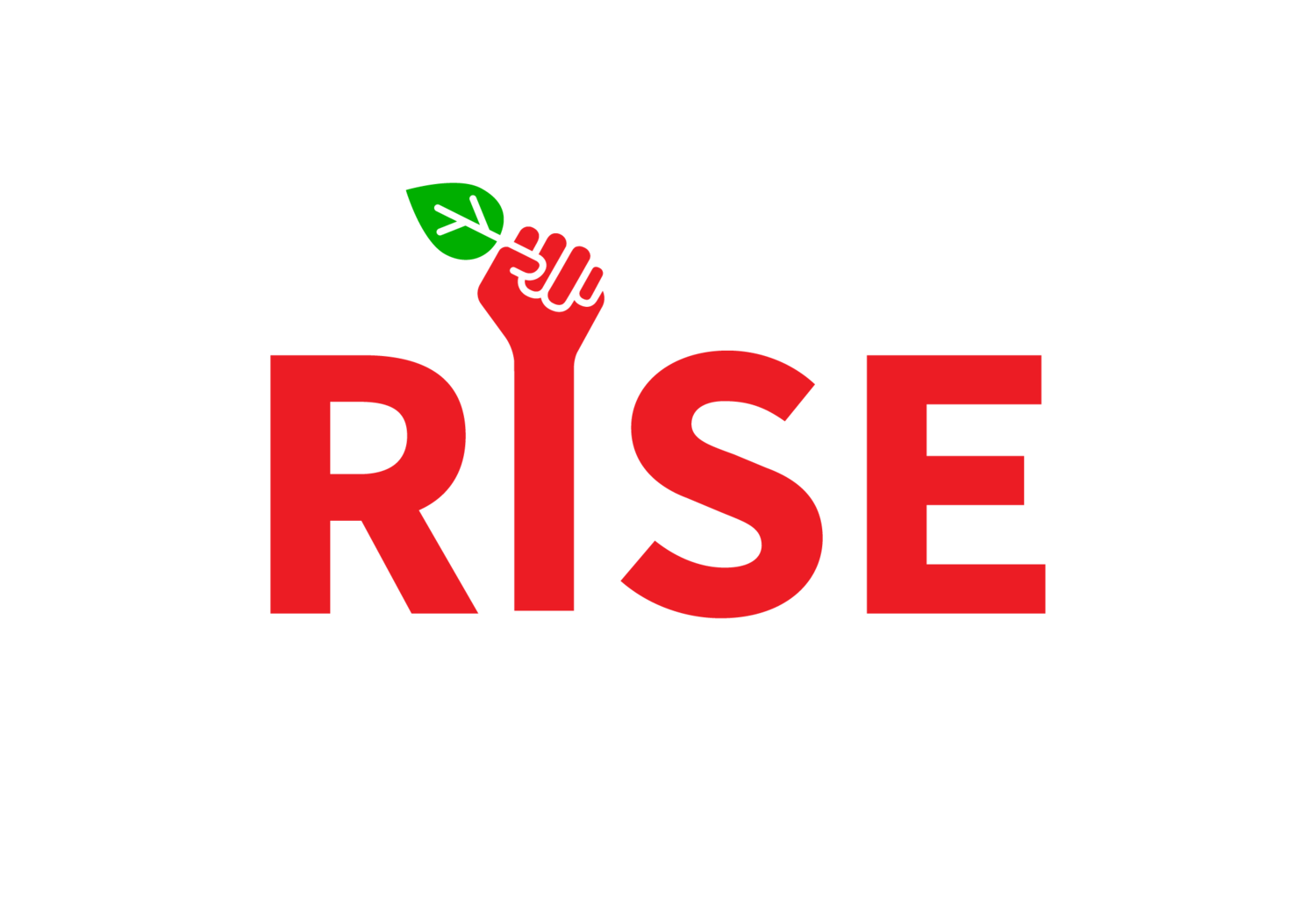Why the Green Party Should Reject Coalition with the Right
Diarmuid Flood discusses why coaltion with the right would be a massive mistake and argues that Green Party members should reject it if they are serious about making real changes to the status quo.
At the moment there is much talk amongst the establishment parties, pundit class, and special interest groups about the ‘political realities’ that the Green Party must consider. One of the most major of these arguments is that coalition with Fianna Fáil and/or Fine Gael is an inescapable reality of Irish politics, and represents the only choice for a small party seeking to make changes. Following this argument, it then seems that the Green Party, having achieved only twelve seats in the last election, must answer the recent calls from the two right-wing parties to join them in coalition in the hopes that they can win even minor concessions.
This is certainly what the ‘political experts’ would have you believe anyway. The truth is that there is not only another alternative open to the Green Party in refusing to join this coalition, but that this option and the alternatives it allows for would prove a more effective way for the party to achieve its agenda and more.
Public Demand to Break the Cycle
In the February General Election, people voted for change. This was reflected in the two mainstay parties of Irish politics receiving a combined 43% of the vote – a mere shadow of their pre-crash dominance and a reflection of a much more significant phenomenon. Over the last forty years there has been a consistent trend showing a loss of support for Fianna Fáil and Fine Gael, and a rising support for left-wing and soft-left parties. This trend can be attributed to the deterioration of the neoliberal consensus which has reigned supreme in Ireland since the 1980s. The fallout from the 2008 crash, and the growing recognition that the ‘recovery’ has bypassed large sections of the populace, has led to an increasing desire for an end to the rule of the right-wing parties.
In the most recent election this manifested itself in a swing towards Sinn Fein, who successfully tapped into the discontent of the working class through the most left-wing platform they’ve stood on in recent years. The fact that the party was repeatedly vilified by Fianna Fail and Fine Gael and the media fed into the perception of Sinn Fein as the best vehicle for change. It is unclear how this trend will manifest itself in the future after the Coronavirus crisis, but it is clear that moving against this tide would be a grave mistake for any party to make.
What Fianna Fáil and Fine Gael Represent in Irish Politics
For the last forty years both Fianna Fáil and Fine Gael have represented the same neoliberal economic agenda which seeks to devolve power to the markets and bolster the wealth of private interests. There may be some slight variations in how the two parties prefer to pursue this agenda, but this has more to do with tactical disagreements and civil-war hangups rather than any underlying ideological difference. Due to their commitment to private profit, any coalition involving these parties will lack the political will to implement the changes needed to transform Irish society along more equitable grounds and ensure that environmental catastrophe is avoided.
The two parties’ response to the ‘17 demands’ of the Green Party show that they are unwilling to implement measures which will even minorly endanger the interests they represent. A pertinent example of this can be seen in both Fianna Fail and Fine Gael’s support for carbon taxes. An ineffective measure which will not only target the most vulnerable rather than the major polluters, but will strengthen the perception that environmental action can only result in increased living costs for workers.
Any party seeking to offer the radical solutions needed to effectively end the crises in housing and healthcare and avoid climate catastrophe must recognise that coalition with right-wing parties plays no role in this change.
The Costs of Coalition
When the Green Party went into coalition with Fianna Fáil in 2007, they buckled under the accompanying pressure and allowed their right-wing partners to set the agenda. The party’s u-turns during this period are well documented and include supporting Shell’s establishment of ecologically destructive gas refineries, imposing multiple austerity budgets, and signing Ireland up to the crippling EU-IMF bank bailout package. Eamon Ryan appeared regularly on the news during these years defending the cuts to public services and repeating that targeting bankers who caused the crisis rather than the public was “not a realistic solution”.
Because of these actions the party was rightly destroyed at the 2011 election, and it has taken years to recover and rebuild its strength. Yet, the party seems willing to repeat these mistakes because of a deluded belief that either Fianna Fail or Fine Gael will entertain even minor environmental action. The reality is that this arrangement is likely to lead to a repeat of the Fianna Fail-Green Party Government and the subsequent destruction of the party.
But the damage caused by propping up a right-wing government won’t just be felt by the Green Party alone. Just as in 2007, the Green Party is currently seen by some as the face of the environmental movement and climate action. Because of this, their part in any government which implements regressive measures will naturally distort how environmental policies are perceived. For many workers, the Fianna Fáil-Green Party government’s imposition of austerity budgets and the bank-bailout has caused a persistent interpretation of their environmental policies, regardless of merit, as regressive. If the Green Party repeats the mistake of entering coalition again, they will damage not only their party, but the environmental movement as a whole.
How Change Really Happens
Even in the face of what Fianna Fail and Fine Gael represent, and the clear dangers of coalition, an argument will be made that in current circumstances a coalition with either or both of them is unavoidable, and is therefore the only option if you are seeking to make even minor change. This argument is founded on a number of misconceptions which are intentionally circulated to narrow the understanding of how change happens. It suggests that the only way meaningful change can be achieved is through the powers afforded to a party in government.
Even staying within the confines of the legislative realm this ignores the majorly influential pieces of legislation introduced by parties in opposition over the last five years. Legislation like the Climate Emergency Bill, the Objective Sex Education Bill, and the Occupied Territories Bill would have had a considerable impact had they not been undemocratically blocked by the Government’s use of the ‘money message’ mechanism.
However, the view that political change only takes place within the boundaries of Leinster house is a fiction based on the wishes of a political establishment and pundit class that see no role for the public. Recent history shows that radical, far-reaching change does not always come from legislative fixes, but from mass movements. This can be seen most recently in the movements for the repeal of the eighth amendment and marriage equality, and in resistance to the water charges. These are all effective examples of people coming together and collectively exerting pressure on the system until it bends it to their will. Even members of the Young Greens, who are opposed to coalition, have highlighted the impact that the movement against water charges had in 2013.
Even in the last year demonstrations like the ‘Fridays for Future’ school strikes, or actions by groups like Extinction Rebellion and the National Homeless and Housing Coalition, have had a similar influence and played a crucial role in the results of the February election. By refusing to enter coalition with either Fianna Fail or Fine Gael, the Green Party should instead contribute to the formation of a strong opposition, and the building of movements far more effective at achieving real action on climate change and economic inequality.
Choosing a Better Path Forward
Now more than ever it is vitally important for left-wing activists within the Green Party to push back against the conservative tendencies driving the party into government. Coalition with Fianna Fail or Fine Gael is not an inescapable fact of Irish politics. Instead, it represents a stumbling block to achieving the radical change needed.
While this will not be an easy task there has never been a better time to argue for a better path forward. The recent election signifies the growing mood for change amongst the public, and the emergence of movements from below before lockdown is indicative that another shift is coming in Irish politics. What role the Green Party has to play in this depends on the path the party chooses.

